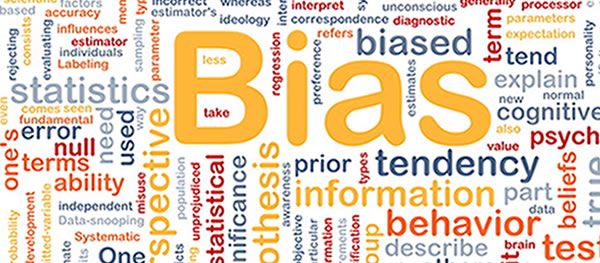Before we take off, let’s acknowledge the artwork featured. The sculpture is entitled Black Icarus by Andrew Logan. This incredibly unique work is on display at the American Visionary Art Museum in Baltimore, MD.
I chose Black Icarus for this entry for a couple reasons. The most relevant being the moral of the myth itself…
BE Humble…
As we continue on…
The Importance of Humility in Trading
Trading in financial markets can be a thrilling, yet challenging endeavor. It offers the potential for substantial gains but is also rife with risks. In the volatile world of trading, humility stands out as a crucial virtue that can make the difference between success and failure. In this article, we’ll explore why it is vital for us to be humble as traders and how this quality can lead to more informed decisions and better outcomes.
Acknowledging the Unpredictability of Markets
Financial markets are notoriously unpredictable. They are influenced by a myriad of factors, including economic data, geopolitical events, and investor sentiment. We, as traders, must acknowledge that we are not infallible and that market movements can defy even our most well-researched predictions.
Avoiding Overconfidence
Overconfidence is a common pitfall for traders. When we experience a string of successful trades, we may become overly confident in our abilities. This overconfidence can lead to reckless decisions and excessive risk-taking. Humility serves as a counterbalance, reminding us to remain cautious and not let past successes cloud our judgment.
Embracing Continuous Learning
The financial markets are constantly evolving. New technologies, regulations, and market dynamics can impact our trading strategies. Humility reminds us that we don’t know everything and that we should be open to learning from our mistakes and adapting to changing market conditions. We seek knowledge and insights from various sources, including other traders, books, courses, and industry experts.
Managing Emotions
Emotions can be our best friend or worst enemy as traders. Fear and greed are two powerful emotions that can lead to impulsive decisions. Humility helps us be self-aware and acknowledge our emotional responses. We understand that emotions can cloud our judgment and lead to irrational choices. By recognizing our emotional reactions, we can take steps to manage them and make more rational decisions.
Risk Management
A critical aspect of trading is risk management. Humility helps us understand that there will be losing trades, and we should prepare for these inevitable setbacks. We use risk management techniques like setting stop-loss orders, diversifying our portfolios, and limiting the amount we invest in a single trade. Humility leads us to accept that we cannot control the market, but we can control how we manage our risks.
Learning from Mistakes
In trading, losses are not failures but opportunities to learn and improve. Humility reminds us not to view mistakes as a blow to our ego; instead, we should see them as valuable lessons. We analyze what went wrong in losing trades and use that knowledge to refine our strategies. This process of continuous self-improvement is a hallmark of successful traders.
Building Resilience
The ability to withstand setbacks and adapt to changing market conditions is a hallmark of a humble trader. Humility helps us bounce back from losses, learn from our experiences, and stay focused on our long-term goals. It reinforces the importance of perseverance and resilience, key attributes in our trader’s journey.
Djed High View
In summary, humility is an invaluable trait for us as traders in the dynamic world of financial markets. It helps us acknowledge the uncertainty of markets, avoid overconfidence, embrace learning, manage emotions, and practice effective risk management. Being humble in trading is not a sign of weakness but a mark of wisdom and strength, leading to more informed decisions and better long-term outcomes.





